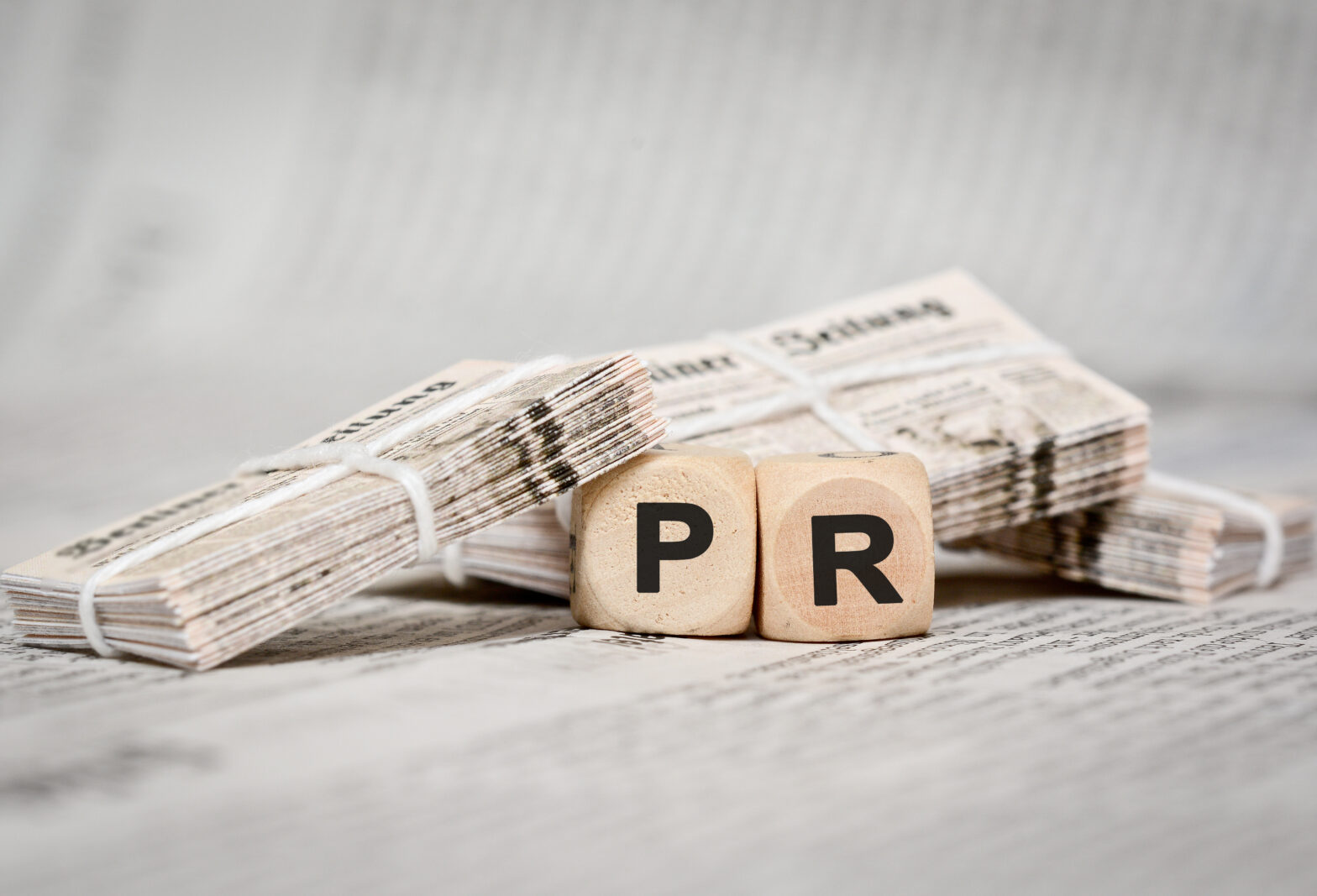No matter how small or quiet your business, no one is immune to the great pitfall that is a PR crisis.
In the age of digital media, one foot wrong can lead to a flurry of negative voices that impact a company’s reputation for years – sometimes decades – to come.
When a situation is threatening to boil over, the right attitude and a sensitive approach can persuade a crisis to simmer down. Make the wrong move, however, and you face an unprecedented escalation, as experienced in dramatic form even by some of the most established companies below…
A quick response can stop a crisis snowballing
When acting in the public eye, there’s nothing worse than looking to a company to do the right thing and hearing crickets.
In the face of a potential PR predicament, the faster you react, the better your business can control the conversation and temper any upset. The most accepted way to do this is to release a public statement, perhaps using your social media channels – customers can see that you are aware of a situation and it buys you time if you need to explain that you can’t comment too much until, for example, a full investigation has taken place.
A great recent example of not moving quickly enough is the recent Pepsi advert scandal, which was criticised for appearing to make light of serious social issues. Critics called it tone-deaf and it received international backlash as soon as it was released.
One might think that a company as heavyweight as Pepsi would have tried to rectify the situation immediately, but it took more than 48 hours for them to pull the ad, which had nearly 1.6m views and an overwhelming amount of negative critique via the comments and ‘downvotes’. Ironic, then, that the campaign’s tagline was ‘join the conversation’.
Prepare your disaster recovery plan
One way to get a jump on the situation as quickly as reasonably possible is to have a recovery plan in your back pocket – your on-hand guide to help manage any crisis when you’re in the heat of the moment, pre-approved by all relevant stakeholders.
This could be crafting a blanket statement or press release that can be customised as and when needed, or making an easily-accessible contacts sheet in case you need to bulk-contact employees out of office hours.
You could also consider communicating a media plan with your employees – if any of them were to be contacted by a member of the press, what should they say, or whose information should they pass on to direct any media enquiries to the right place?
Fake apologies can be spotted a mile off
When communicating with a sceptical, displeased or angry audience, their radar for inauthentic apologies will be incredibly sensitive. A convoluted explanation will ring alarms as it feels like excuses are being made, instead of getting straight to the point with a heartfelt apology.
Some companies are reluctant to lead with an apology as they don’t want to be seen as accepting blame. However, it is not up to you to decide how your customers should feel – if there is anger or upset, an upfront apology is the best way to let them know you understand how they’ve been affected.
Be honest, be humble and be upfront.
What happens in your company doesn’t stay in your company
It’s a safe rule to abide by all year round, but particularly in times of high stress or uncertainty, err on the side of caution by assuming that any internal communications will be seen externally.
This is something that United airlines forgot. The violent removal of a passenger from an overbooked plane blew up when the footage spread far and wide on the internet. Little to no comment arose from the company themselves, but an email sent to all employees was leaked – worsening the situation by appearing to pass the blame to the passenger involved.
It caused a furious reaction in the public sphere, followed by airport protests and share prices tumbling. Once again, here was needed a very fast apology, which only came several days later when it was considered far too late.
Size really doesn’t matter
Remember – size of business does not necessarily correlate with the size of the media storm you can end up in.
We’re all humans and we all make mistakes (whether we like to admit it or not!), but in the age of digital media, mistakes can be easily thrown into the limelight and the resulting coverage can grow exponentially – no matter how small or large your company is.
Take the case of Massachusetts-based swimwear designer, Dana Duggan. One negative comment she wrote on Instagram, about comedian Amy Schumer, blew up online when fans picked up on the comment. Within hours she was forced to close off her small business’ social media pages and website after being bombarded with negative attention. And, as we all know, losing a reputation takes a lot less time than building one.
To sum up, we know it takes a lot of effort to create a PR stunt that can stir up a viral positive response, but it takes little to no time to find yourself and your business involved in a negative frenzy.
Stay calm, prepare for the unexpected, and remember: make your external and internal response quick, humble and authentic.
Sarah Musgrove is editor in chief of Opus Energy.





